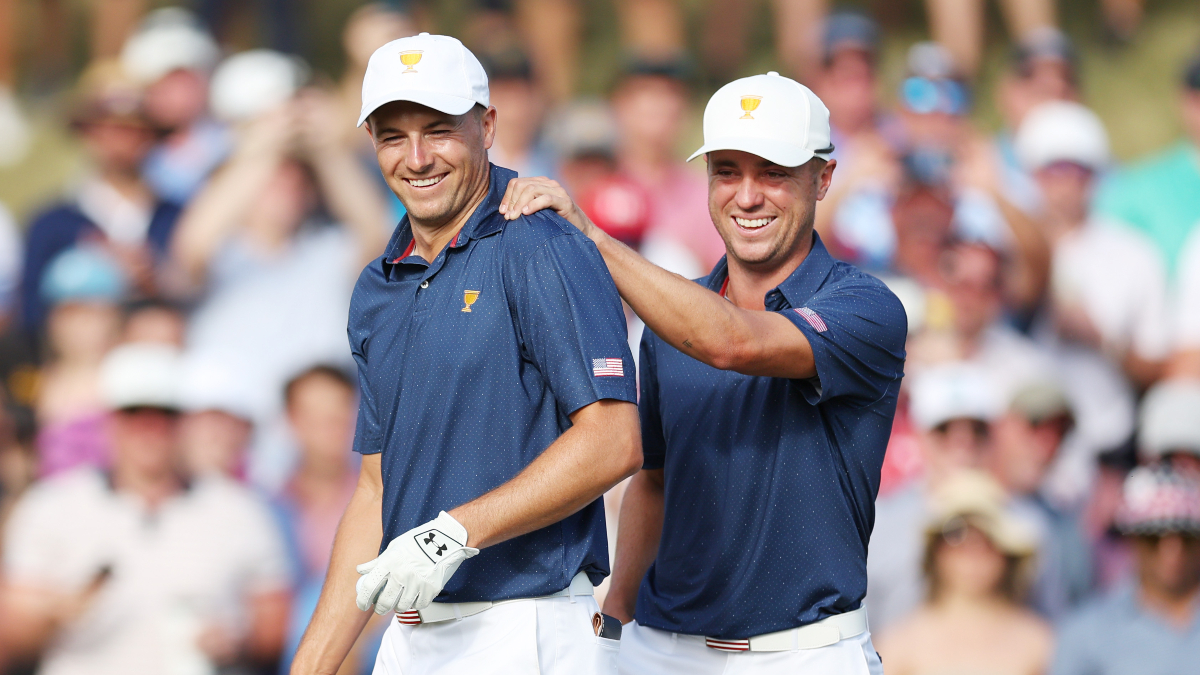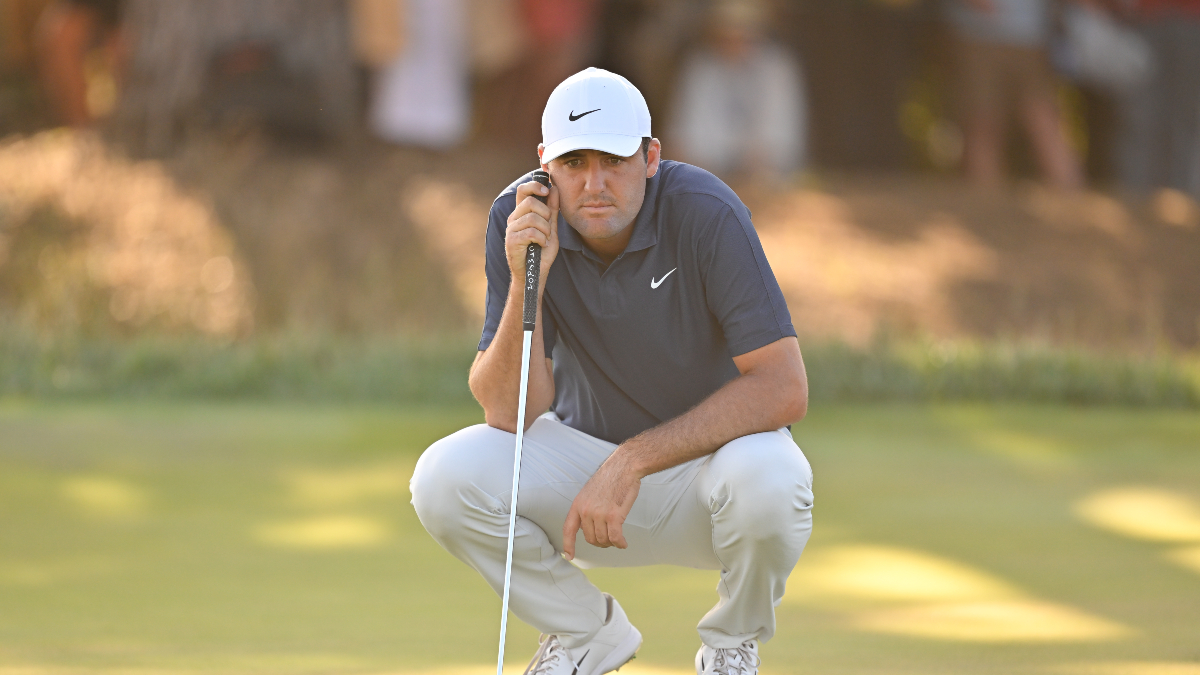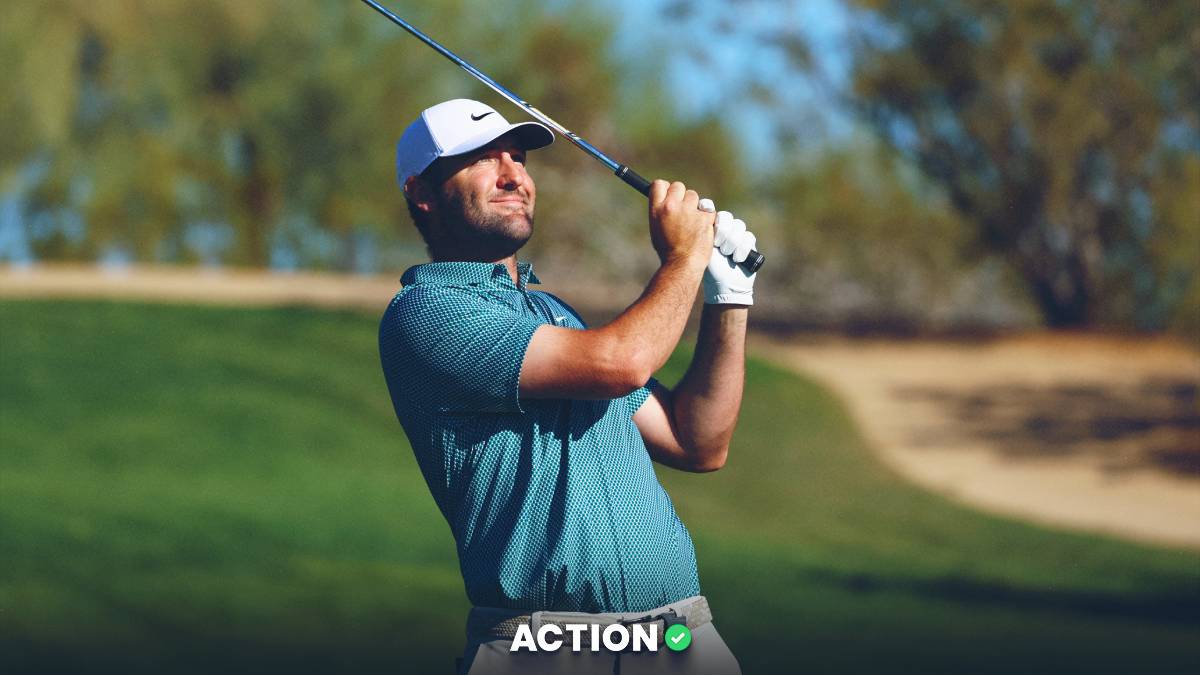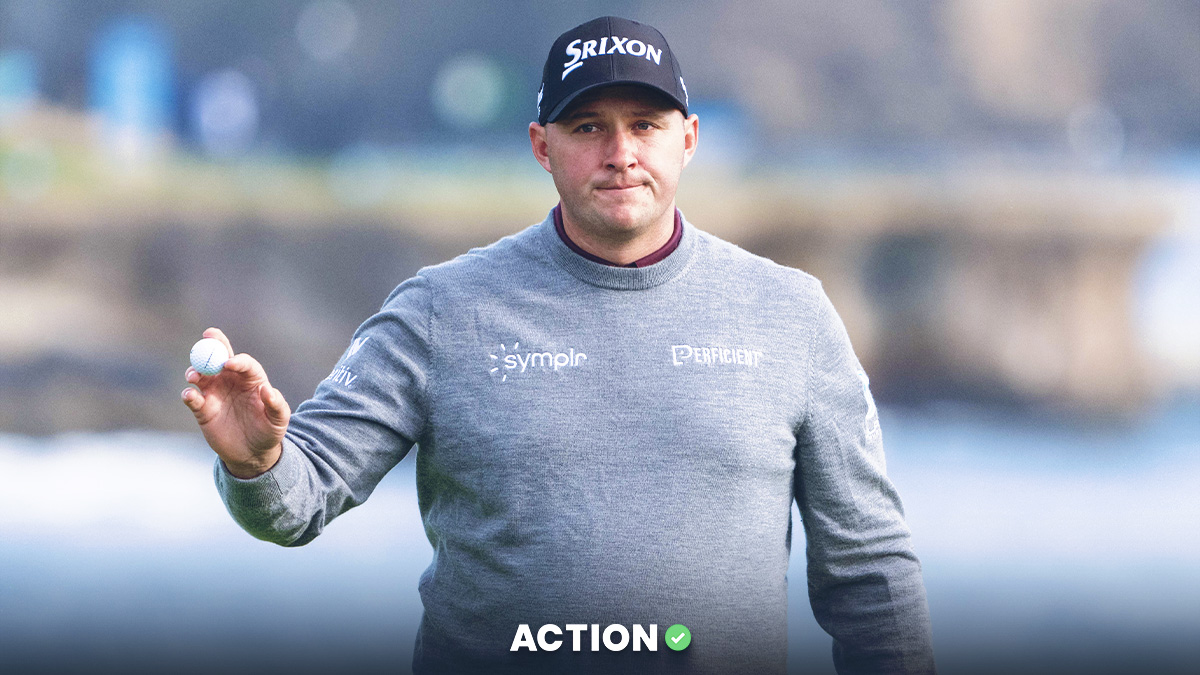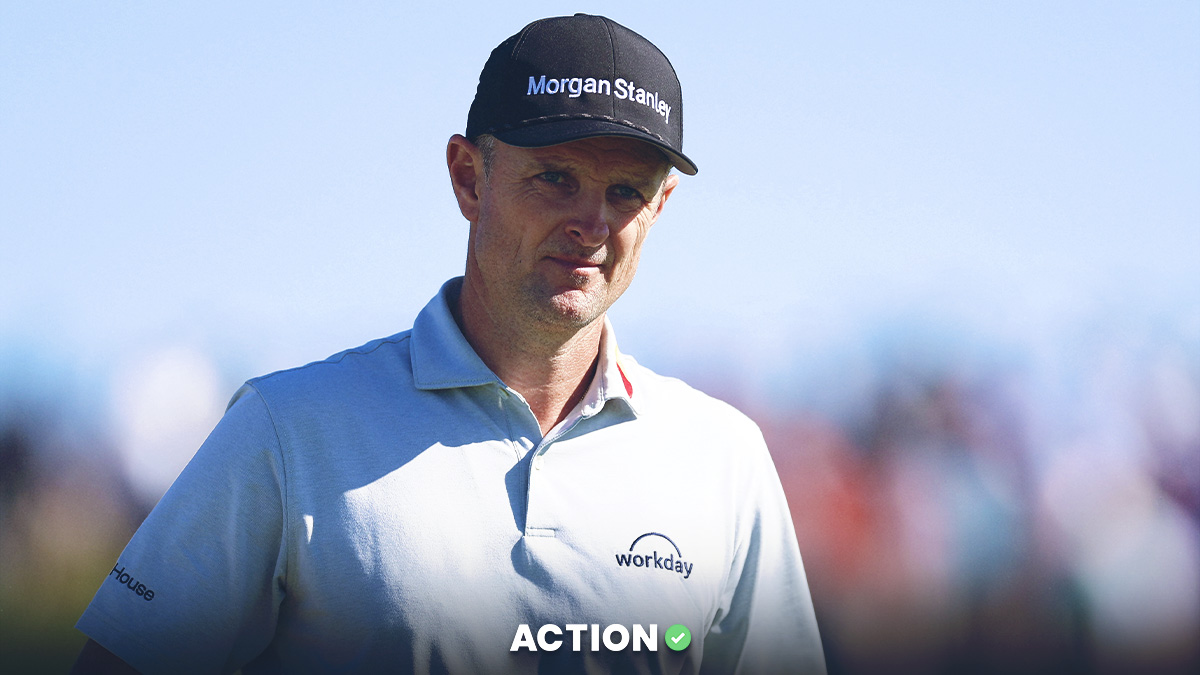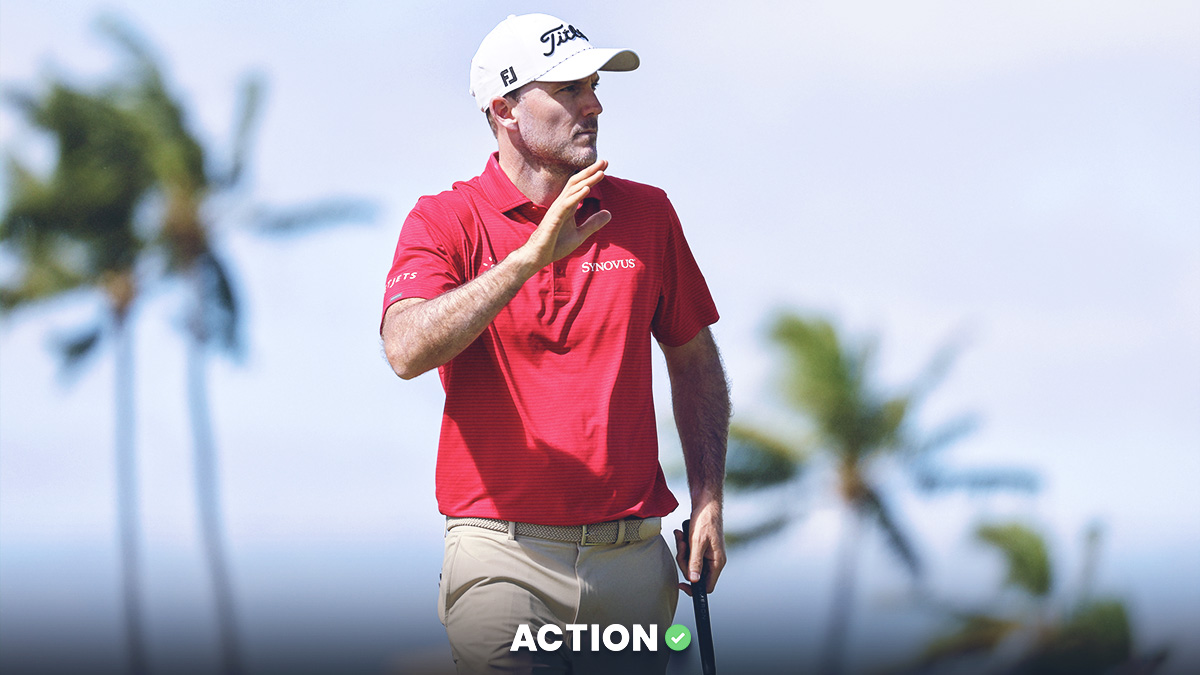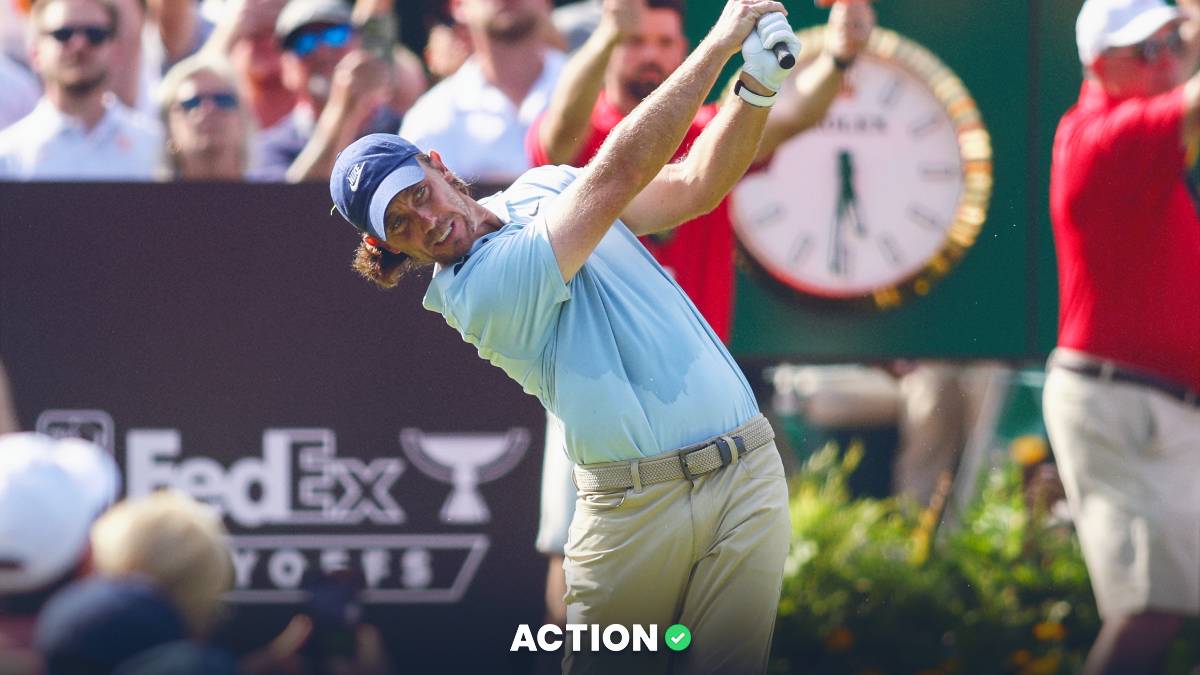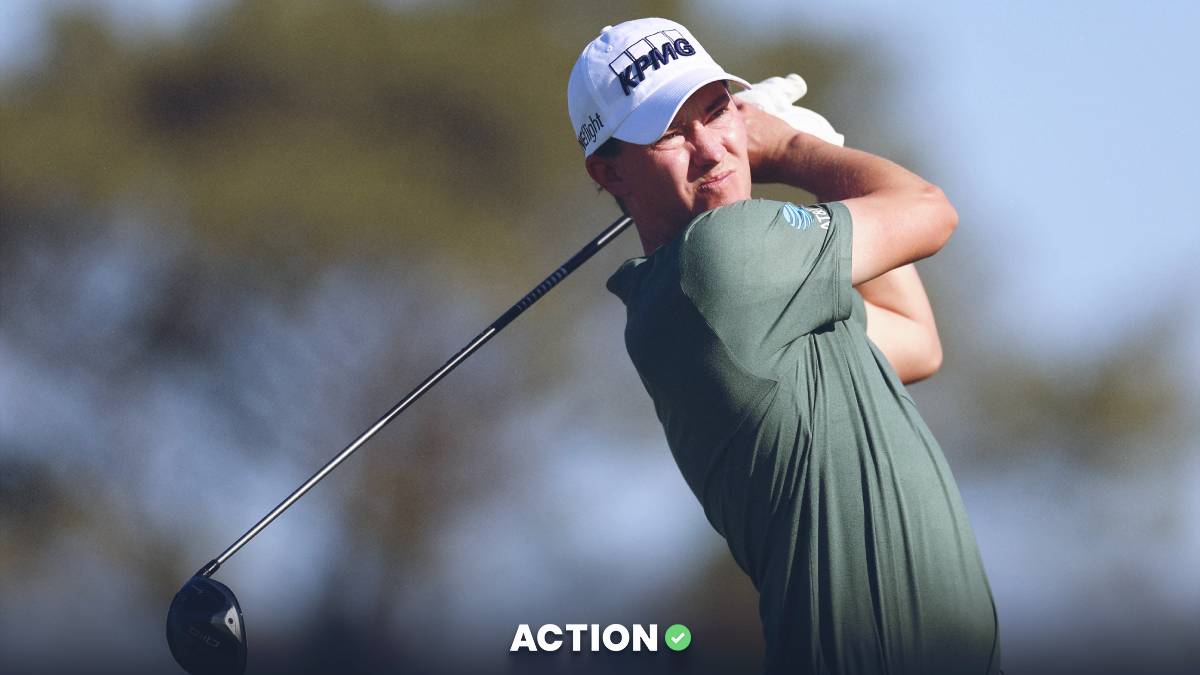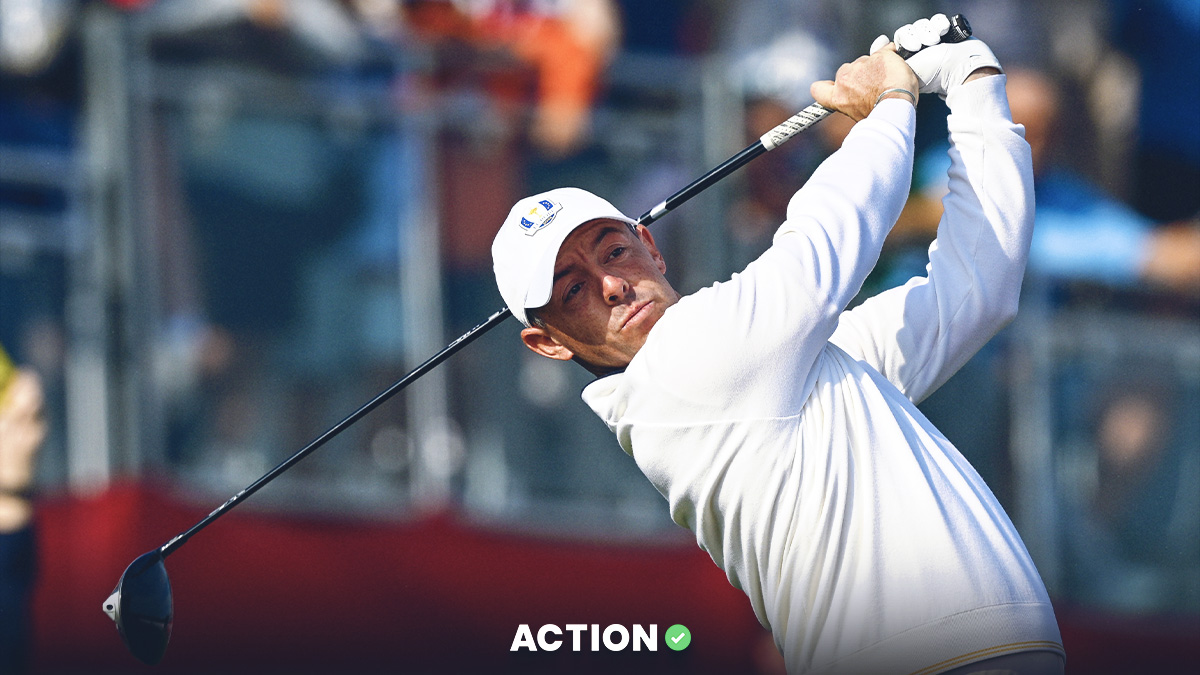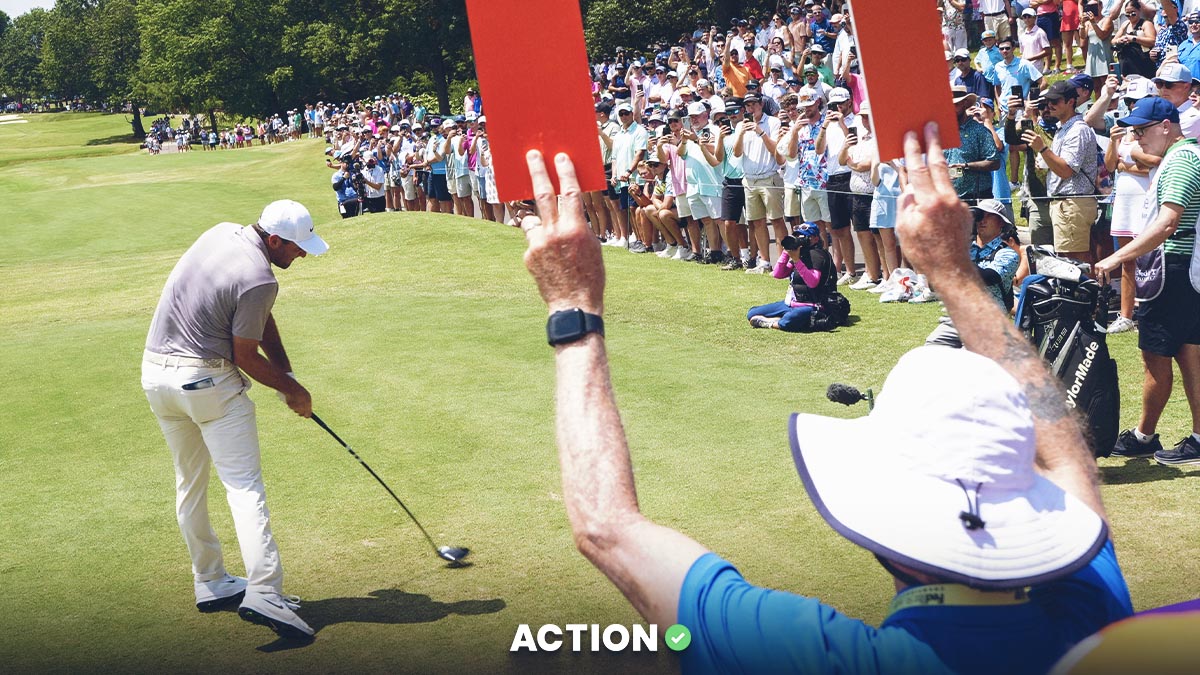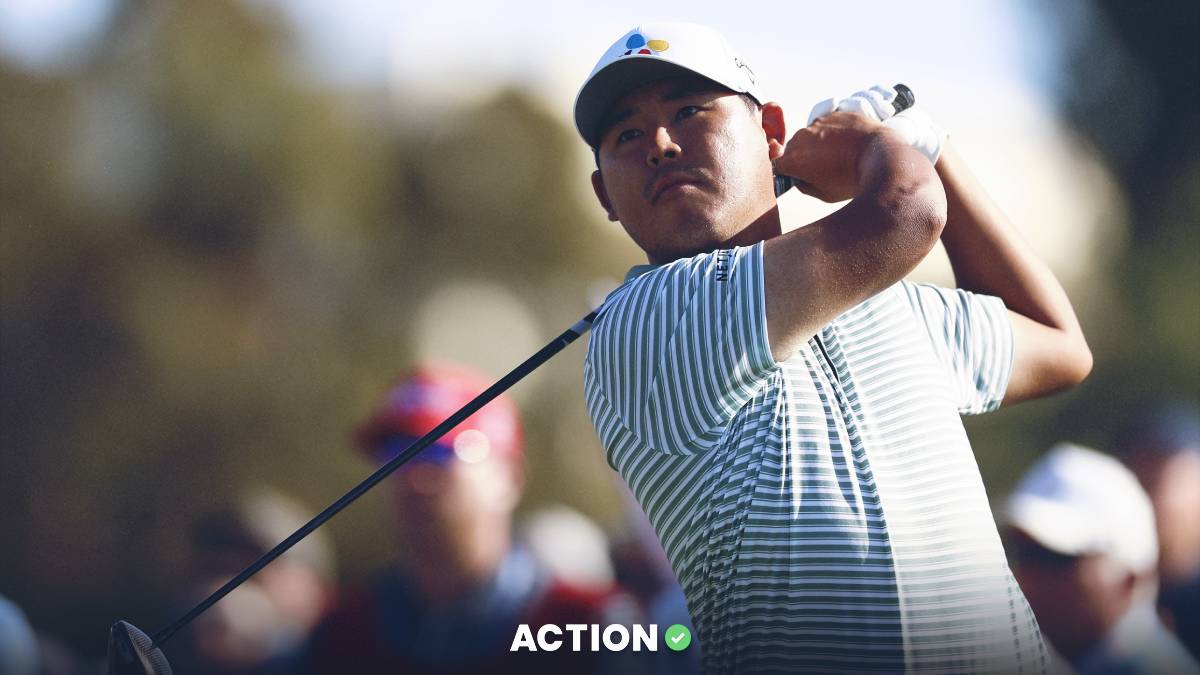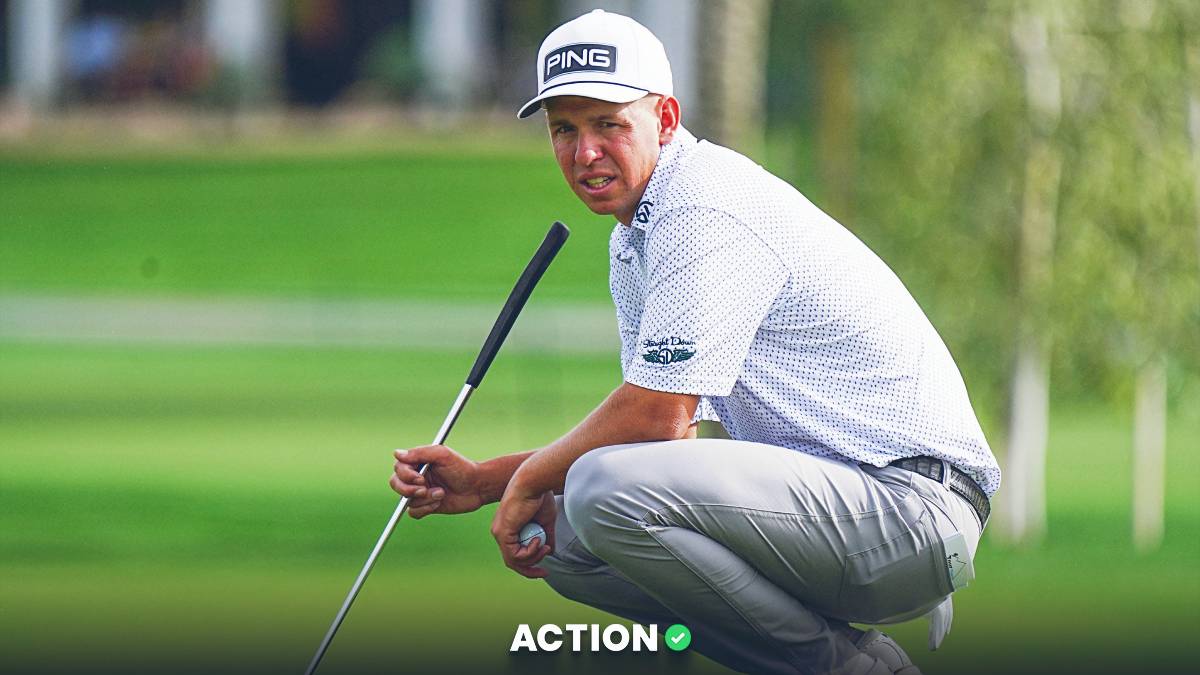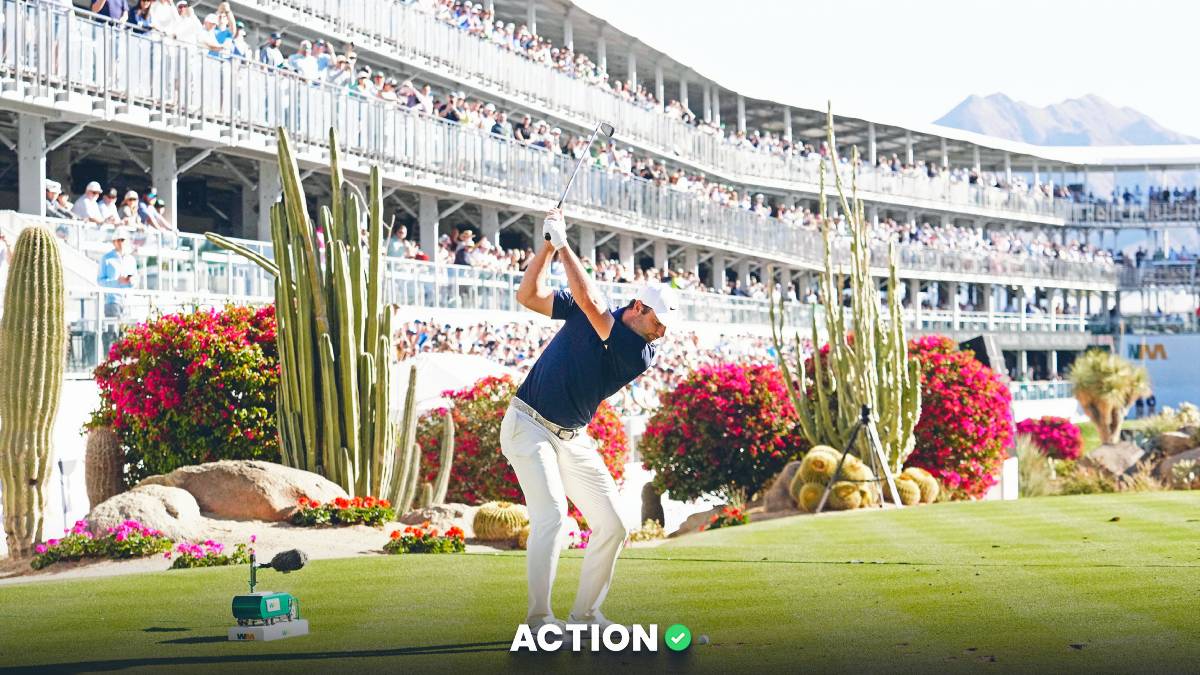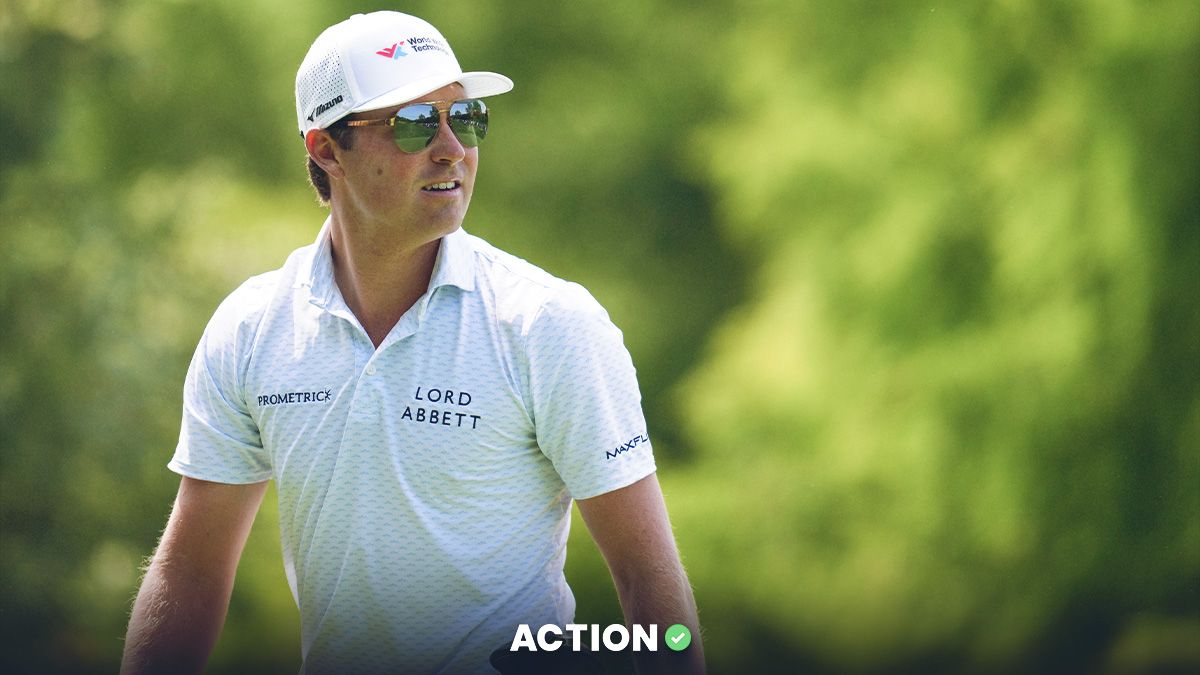The greatest topics for sports debates are those which have no discernible answer. MJ or LeBron? Take your pick, state your case – you can’t be proven wrong. Would the ’85 Bears shut down the Chiefs’ mighty offense? Maybe, maybe not. We’ll never know, so take a stance and dig in.
Nothing – and I mean nothing – gets golf fans going like Ryder Cup captain’s picks. The announcement has become the sport’s most polarizing day every other year, as the public wails over which players didn’t deserve their selections, and which ones were snubbed.
None of these perspectives are wrong, of course — or right, for that matter. Not yet, at least.
All of which renders this announcement perfect fodder for sports radio airwaves and 19th hole think-tanks, where hot takes are welcomed, and actual conclusions are weeks from being finalized.
This year’s picks were no different, as U.S. captain Zach Johnson on Tuesday named Sam Burns, Rickie Fowler, Brooks Koepka, Collin Morikawa, Jordan Spieth and Justin Thomas to the team. Well, perhaps slightly different, in that these selections appeared even more polarizing than usual.
Let’s start with the first criticism:
Justin Thomas Didn’t Earn It!
To be fair, this is an excellent point. He didn’t. None of these six players earned a selection. That’s the whole point. Only the six players who automatically qualified for the team – Scottie Scheffler, Wyndham Clark, Patrick Cantlay, Brian Harman, Max Homa and Xander Schauffele – deserve such recognition.
The final half-dozen players have been left to the captain in an effort to produce a team which can hoist the trophy on foreign soil for the first time in 30 years – 30 long, loathsome years. Maybe it’s the frustration spilling over from such a dry spell which has served as the lighter fluid to the torch-and-pitchfork crowd, but it’s clearly reverberating.
In the case of Thomas, who’s borne the brunt of the denunciation in this immediate aftermath, the arguments against him are simple. He missed the cut in three of four major championships and finished 65th in the other, failing to even break 80 on a few occasions. His furious, late rally to qualify for the FedExCup Playoffs was undone by an unfriendly flagstick in Greensboro, leaving him to sit home and watch while his peers completed their season.
Hence, the reaction: Thomas Hasn’t Played His Best Golf, So He Shouldn’t Be on This Team!
Like all answers to the current Ryder Cup questions, this one will be revealed next month, but the root of this complaint is that it completely ignores everything we’ve come to learn about the prognostication process. As they say when it comes to the stock market, past success is not an indicator of future results. If we were to only wager on players on a weekly basis who’d already had success, we’d be doing it wrong. It feels counterintuitive to ignore this process when it comes to this topic.
Thomas owns a 6-2-1 record in this competition, undefeated in both the four-ball and singles formats. The what-have-you-done-for-me-lately crowd will point to the current state of his game, but it’s easy to point back and show he was better this season in Strokes Gained: Total than Spieth and Harman, and he had nearly the same Birdie Average as Morikawa and Clark.
It's been a demise, sure, though rumors of it have been greatly exaggerated.
OK, another – and a related – criticism of these picks:
They Didn’t Pick the In-Form Players!
Back in 2016, Ryan Moore reached a playoff at the Tour Championship then was immediately whisked away on a plane bound for Minnesota, where he earned the clinching point for the winning U.S. side.
Two years later, Tiger Woods announced his grand return to the winner’s circle, playing the role of the Pied Piper at East Lake, as thousands of fans trailed him to the inevitable finish. That night, he took off for France, where he looked exhausted while posting an 0-4-0 record for the week.
That’s an admittedly small sample size, obviously, but it suggests that recent form dictates little in the way of results at this event.
And this time around, it should mean even less.
Unlike those two examples above, there are four weeks in between the end of the PGA Tour season and this year’s Ryder Cup, meaning that fleeting form is hardly a factor.
The player most impacted by this idea was Lucas Glover, who won two of the final four events of the past campaign and still wasn’t selected. Then again, he followed those wins by finishing T22 at the BMW Championship and 20th in total strokes at the Tour Championship, invariably demonstrating the point that form is cyclical in the roller-coaster world of professional golf, and it certainly won’t hold during a month of offseason time.
One more for the people in the back, the ones who happen to be shouting the loudest:
This Whole Thing Is an Ol’ Boys’ Club; They’re Just Going on a Buddies’ Trip!
You know, it’s funny: For much of the past three decades when the Europeans have dominated at home and often replicated in the U.S., so much of the credit has been given to team camaraderie, the suggestion being that they like each other more, they play harder for their friends, and it’s all equated to positive results.
And yet, when Johnson named the likes of Thomas and Spieth, who are famous friends dating back to their junior golf days, or Burns, who’s good buddies with Scheffler, or Fowler, who is ostensibly winning the popularity contest, the reaction shifted from one of positivity over teammates who will vibe both on and off the course to one of negativity over some idea that the captain was only choosing his own pals to be on the roster.
Perhaps much of this criticism stems from the fact that many don’t understand how to assess individual-sport athletes for a team sport, like trying to fit some type of square peg into a round hole.
This certainly makes some sense, but even in this data-driven little corner of the world, the human element needs to be applied. For as much as Johnson insisted that his six selections were strong fits for Marco Simone Golf & Country Club, he just as often maintained that they’re all beneficial in the team room, as well, the suggestion being that he didn’t pick any bad apples to upset the cart.
For many, this is being viewed as playing favorites, as if some combination of Glover, Keegan Bradley, Russell Henley, Cameron Young and Tony Finau were left off the team not because they were less-equipped to help the U.S. win, but because they weren’t buddies with the guy in charge.
Like most arguments on golf’s most polarizing day, this one seems inane when we spell it out, but it’s all part of the reactionary disillusionment toward whatever grievances some observers believe have taken place.
The amount of vitriol being hoisted toward a team which is … lemme check the score … currently tied 0-0 in the Ryder Cup, 31 days before the opening session, is bizarre, though none of it can be proven right or wrong – not yet, at least.


